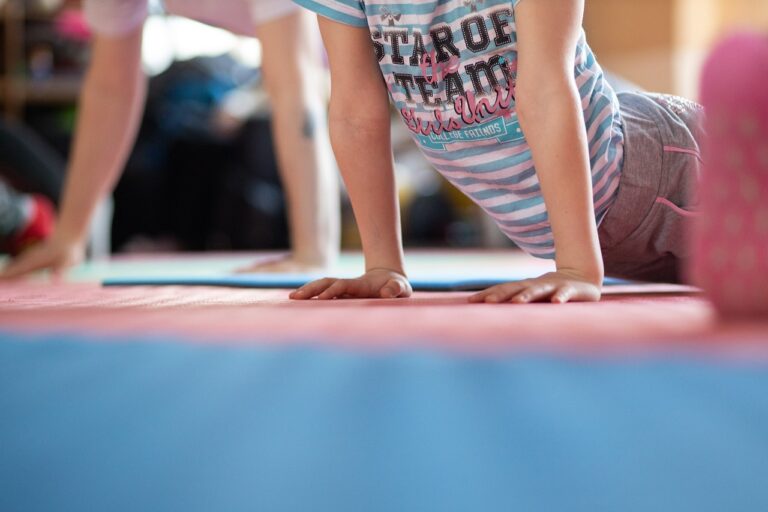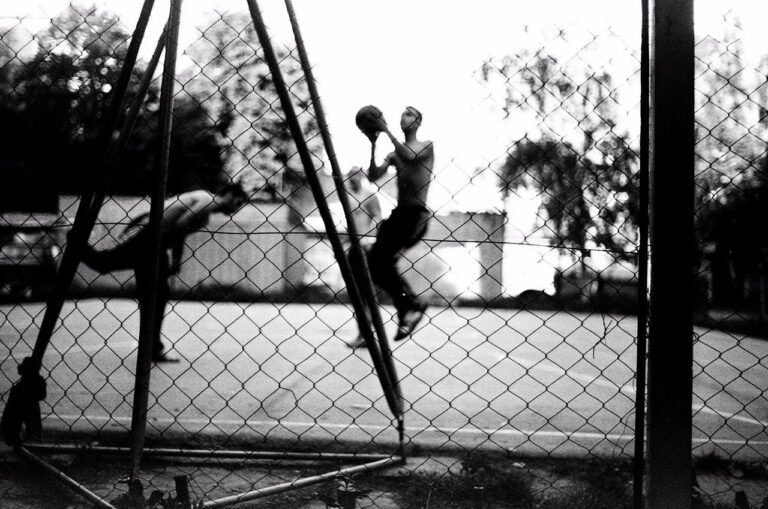The Impact of Air Quality on Lung Health in Recreational Sporting Events: All panel, Cricbet99, Lotus365win login
all panel, cricbet99, lotus365win login: Air quality plays a crucial role in our overall health, and this is especially true when it comes to participating in recreational sporting events. Whether you’re out for a run in the park, playing a game of basketball with friends, or competing in a marathon, the quality of the air you breathe can have a significant impact on your lung health.
The Impact of Air Quality on Lung Health
When we exercise, we breathe harder and faster, taking in more air and therefore more pollutants that may be present in the environment. Poor air quality can irritate the lungs and airways, leading to symptoms such as coughing, wheezing, chest tightness, and shortness of breath. Long-term exposure to air pollution can also contribute to the development or exacerbation of respiratory conditions such as asthma and chronic obstructive pulmonary disease (COPD).
Participating in outdoor recreational activities exposes us to a variety of pollutants, including particulate matter, nitrogen dioxide, ozone, and carbon monoxide. These pollutants can come from sources such as vehicle emissions, industrial processes, and even natural sources like wildfires. The level of pollutants in the air can vary depending on factors such as traffic volume, weather conditions, and proximity to pollution sources.
For athletes and recreational sports enthusiasts, poor air quality can have a direct impact on performance. When the air is polluted, the body has to work harder to deliver oxygen to the muscles, which can lead to reduced stamina, fatigue, and decreased exercise tolerance. In addition, exposure to air pollutants can cause inflammation in the airways, making it more challenging to breathe comfortably during physical activity.
Tips for Protecting Lung Health During Recreational Sporting Events
While it may be difficult to control the quality of the air we breathe outdoors, there are steps we can take to minimize our exposure to pollutants and protect our lung health:
1. Check the Air Quality Index (AQI) before heading out for a workout. The AQI provides information on the levels of common pollutants in the air and can help you plan outdoor activities accordingly.
2. Choose times of day when air pollution levels are lower, such as early morning or late evening.
3. Avoid exercising near busy roads or areas with heavy traffic, where pollutant levels tend to be higher.
4. Consider wearing a mask or using a scarf to cover your nose and mouth during periods of poor air quality.
5. Stay hydrated to help flush out toxins from the body and keep the airways moist.
6. Listen to your body and take breaks as needed if you experience symptoms such as coughing, wheezing, or shortness of breath.
FAQs
Q: Can air pollution affect everyone the same way?
A: No, certain individuals, such as children, the elderly, and those with pre-existing respiratory conditions, may be more sensitive to the effects of air pollution.
Q: Are there long-term effects of exercising in polluted air?
A: Prolonged exposure to air pollution during physical activity can contribute to the development or worsening of respiratory conditions over time.
Q: What are some signs that air quality may be affecting my lung health?
A: Symptoms such as coughing, wheezing, chest tightness, and shortness of breath during or after exercise may indicate that air pollution is impacting your lung health.







